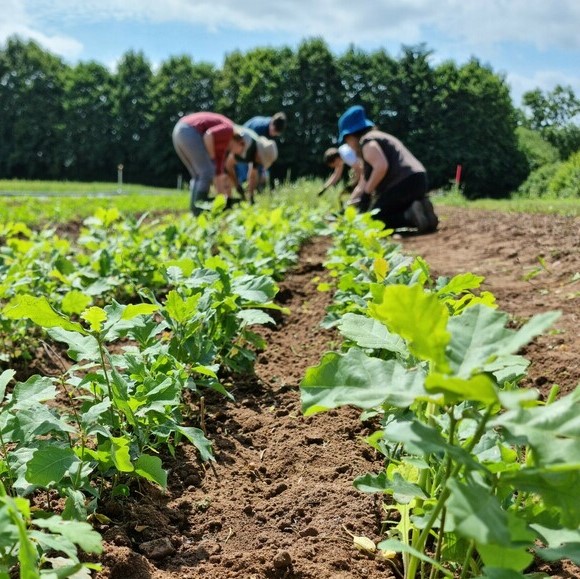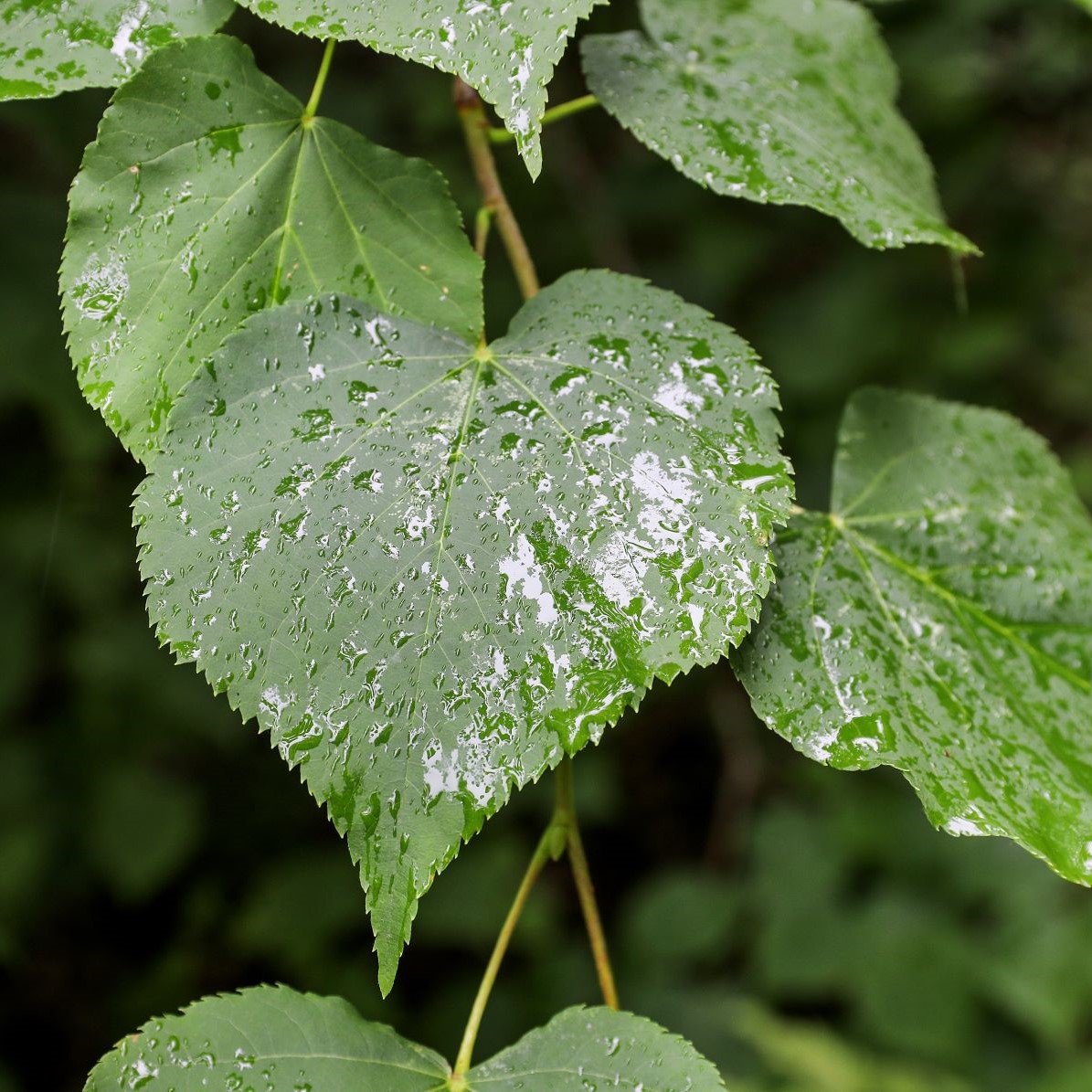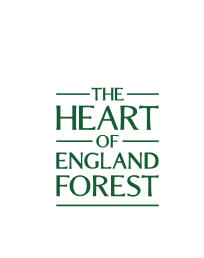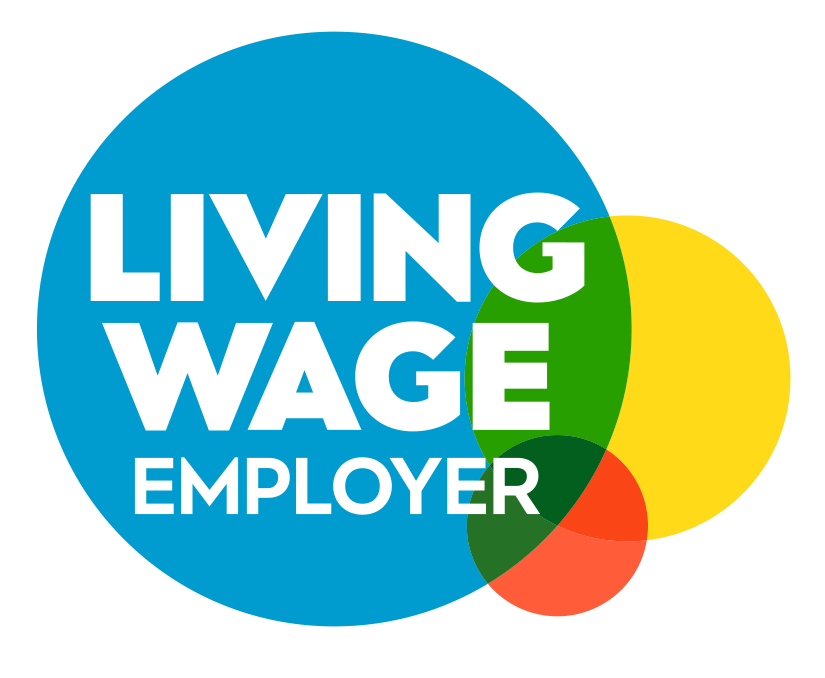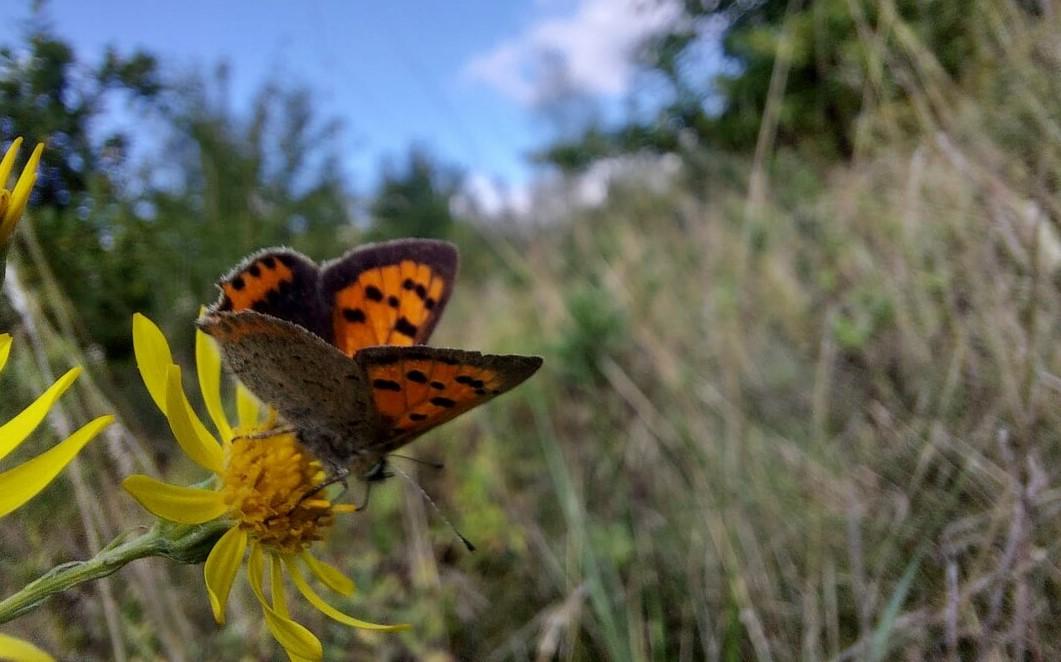
Making space for nature at home
Society has taught us that a tidy garden is a “perfect” garden, from being overly manicured to using artificial grass. Emma Kersley, Biodiversity Officer (Grassland), asks us to look through nature’s eyes and understand how essential our gardens are as habitats.
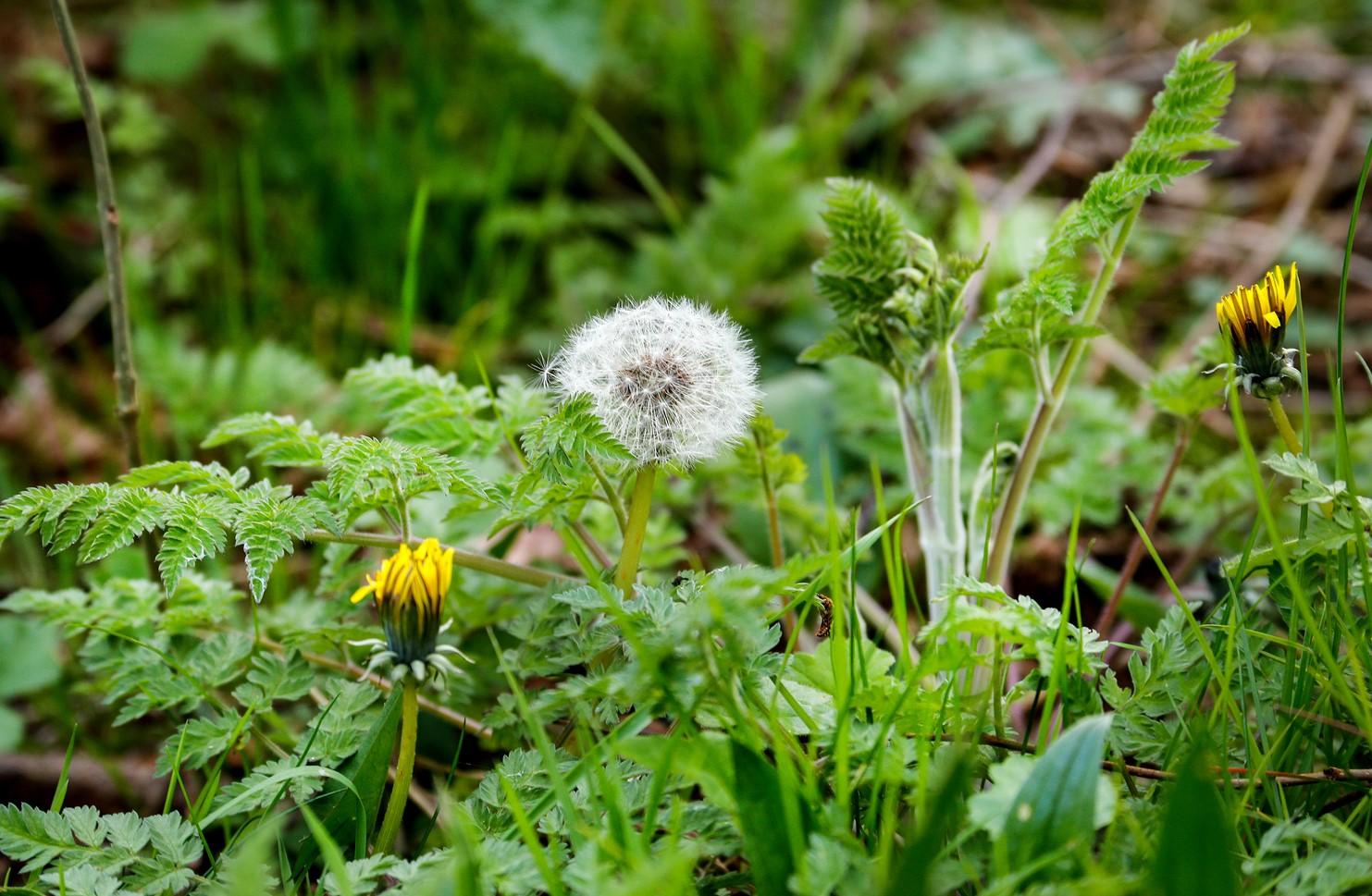
Gardens are nature’s stepping-stones
You might look at your garden and think it is small, but to an insect, it is enormous! No matter the size of your garden, it plays a huge role in helping our wildlife. The UK’s State of Nature Report 2019 showed that residential gardens make up 24-36% of each city. If you imagine a bird’s eye view of this, you will see that they are the stepping-stones of habitat in a fragmented world.
How can you make space for nature?
Make a “mess”
Create a pile using sticks, fallen leaves, logs and vegetation. This creates an insect sanctuary and helps hedgehogs and amphibians as a hibernation haven. Find out more about wildlife gardening here.
Plant a tree
Native fruit trees such as cherry, rowan, apple and pear can be great food sources for a variety of birds, invertebrates and more. In the Forest, we plant a variety of fruit bearing trees to benefit our wildlife. View our tree fact files.
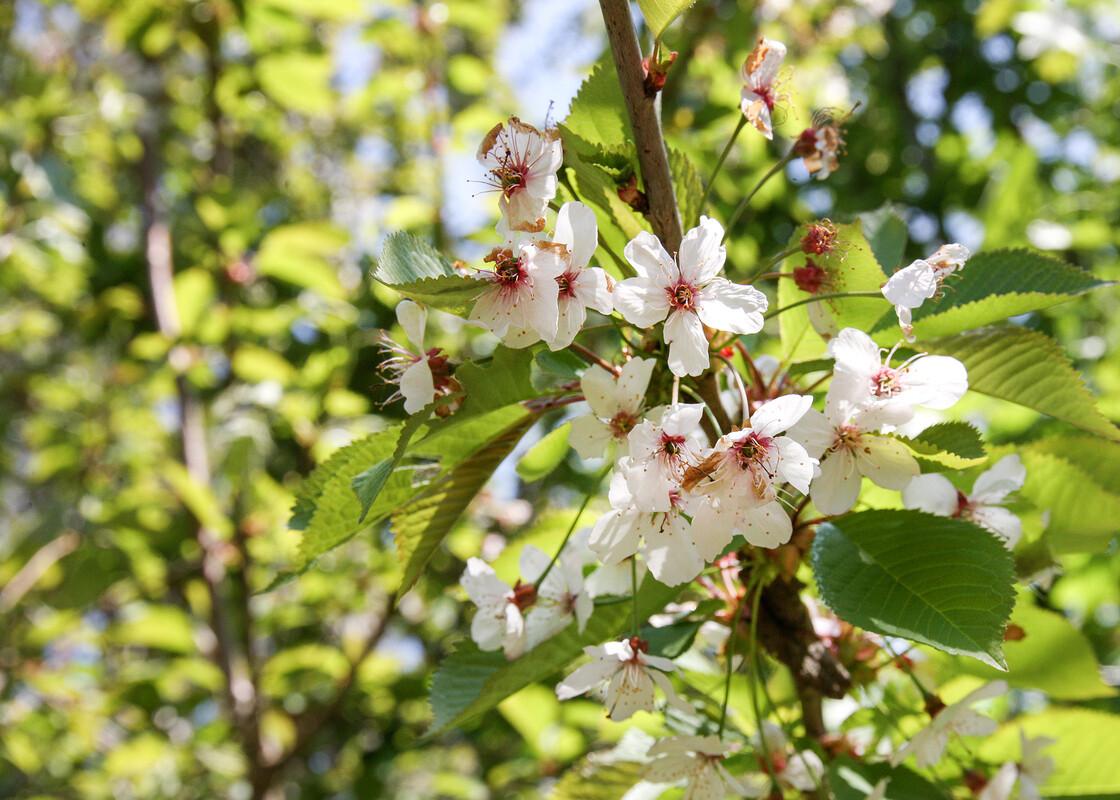
Bug hotels and bird boxes
Find out how you can build your own with our how to build a bug hotel guide, and find out how to build a bird box by visiting the RSPB website or you can simply buy them.
Provide a source of water
Create a pond or provide a shallow bowl of water on the ground for our non-flying friends - add some stones so insects can perch safely to quench their thirst.
No Mow May
Join Plantlife UK’s campaign to let the flowers in your garden bloom throughout May, providing an essential source of food and nectar for our pollinators.
No garden? You can still make a difference...
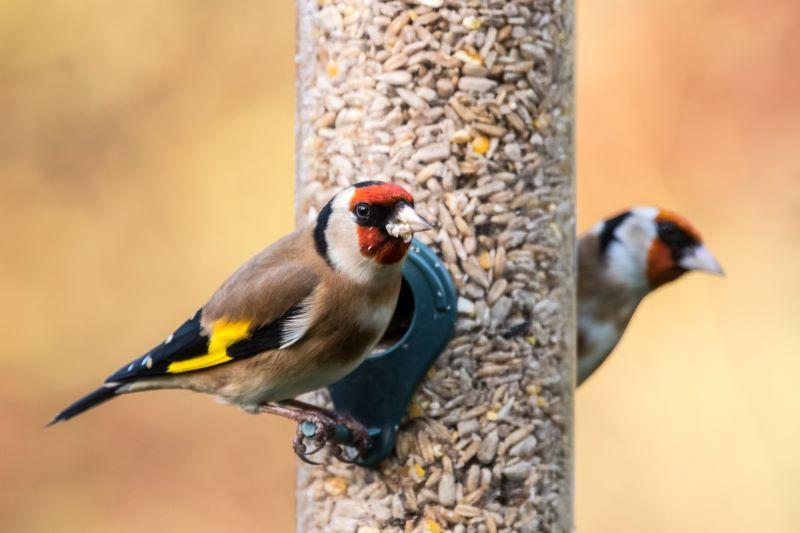
Window bird feeders
During winter especially, simple feeders are extremely important, especially when food sources are scarce.
Community engagement
Have a look online at what is going on in your local area. The RHS have advice about setting up a community garden which could provide inspiration to plant life in your street.
Enhance your workplace
Provide more wildlife friendly areas using the ideas in this article.
Encourage others
The power of word of mouth should never be underestimated, you could help someone change the way they view their garden!

